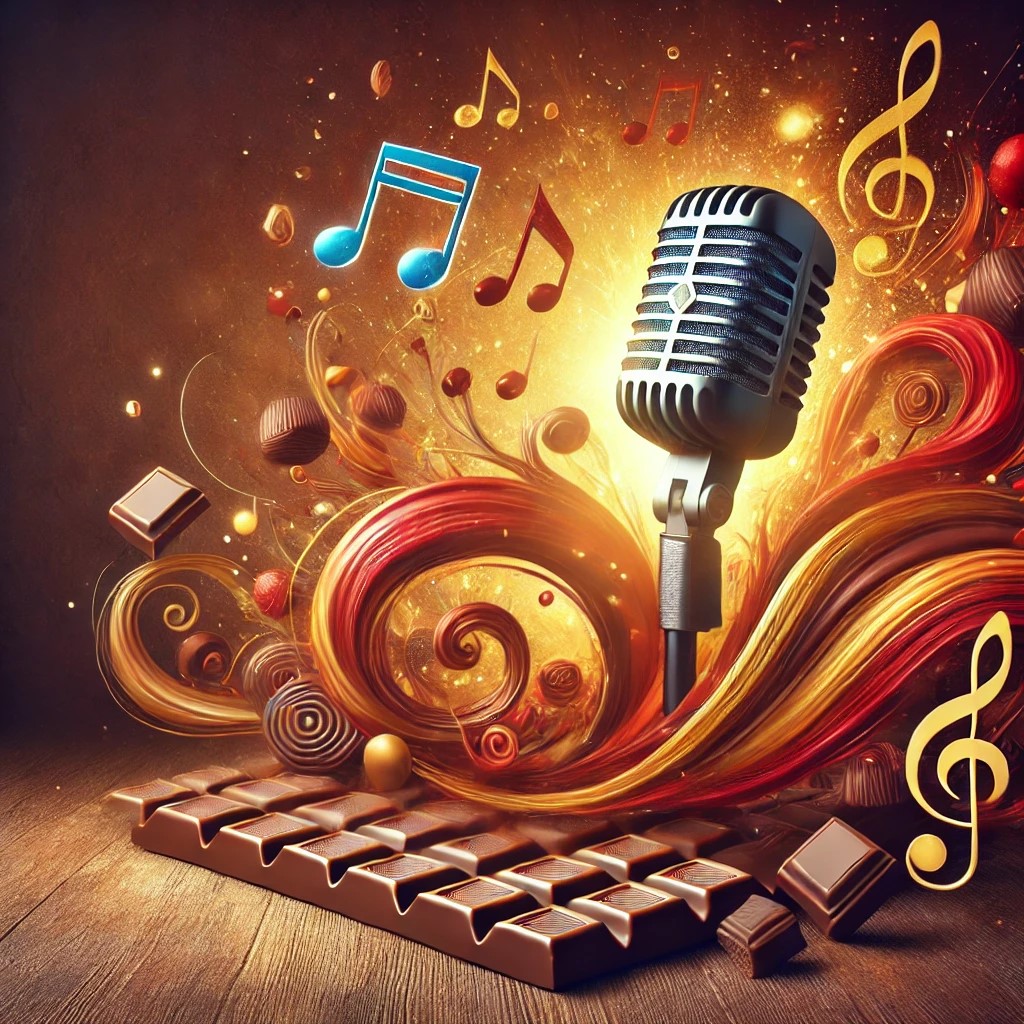Opera is a spellbinding art form that blends drama, visual art, and music into a powerful performance. But have you ever wondered who creates the enchanting melodies that bring these stories to life? This post will take you on a journey through the history and intricacies of opera composition, introducing you to the musical geniuses such as Best Songs For Friends behind some of the most celebrated works.

The Magic of Opera Music
Opera is more than just a performance; it’s an emotional rollercoaster that captures the essence of human experience. The music in opera has the unique ability to express a wide range of emotions, from joy and love to sorrow and despair. This magical element is what makes opera distinct from other art forms. The composers of these pieces are the unseen architects who build this world of sound and story.
A Brief History of Opera
Opera originated in Italy at the end of the 16th century and quickly spread across Europe. It combined elements of drama, music, and visual spectacle, captivating audiences from all walks of life. The first known opera, “Dafne” by Jacopo Peri, set the stage for future compositions, introducing the world to a new form of storytelling through music.
The Role of the Composer
Opera composers are the masterminds who craft the musical framework of an opera. They work closely with librettists, who write the text or script. Together, they create a cohesive masterpiece. The composer must consider the narrative arc, character development, and emotional tone, ensuring that the music enhances the storytelling.
Famous Opera Composers Through the Ages
Claudio Monteverdi
Monteverdi is often considered the father of opera. His work “L’Orfeo” is one of the earliest operas still performed today. Monteverdi’s innovative use of music to convey emotion and drama laid the foundation for future composers.
Wolfgang Amadeus Mozart
Mozart’s contributions to opera are nothing short of revolutionary. Works like “The Magic Flute” and “Don Giovanni” are celebrated for their complex characters and intricate musical compositions. Mozart’s ability to blend humor and tragedy in his operas set a new standard for the genre.
Giuseppe Verdi
Verdi’s operas, such as “La Traviata” and “Aida,” are renowned for their emotional depth and powerful melodies. Verdi was a master at using music to explore human emotions and social issues, making his work timeless and universally appealing.
Modern Opera Composers
Philip Glass
Known for his minimalist style, Philip Glass has pushed the boundaries of contemporary opera. His work “Einstein on the Beach” broke away from traditional narrative structures, focusing instead on repetitive musical patterns to create a hypnotic effect.
John Adams
John Adams’ operas, like “Nixon in China” and “Doctor Atomic,” blend historical events with innovative musical techniques. Adams’ compositions often feature a blend of classical and modern elements, making his work accessible to a wide range of audiences.
Kaija Saariaho
Finnish composer Kaija Saariaho is known for her avant-garde approach to opera. Her work “L’Amour de Loin” combines ethereal music with poetic storytelling, creating a unique and immersive experience for the audience.
The Process of Composing an Opera
Composing an opera is a monumental task that can take years to complete. The process begins with understanding the story and characters. The composer must decide how to use music to enhance the narrative, creating motifs and themes for different characters and emotions. Collaboration with the librettist is crucial, as the text and music must work harmoniously.
The Importance of Librettists
While composers create the music, librettists are responsible for the words. The libretto, or text, is an essential component of an opera. It provides the structure and context for the music. Famous librettists like Lorenzo Da Ponte, who collaborated with Mozart, and Arrigo Boito, who worked with Verdi, have left an indelible mark on the world of opera.
How Technology is Changing Opera Composition
In the digital age, technology has revolutionized the way operas are composed and performed. Composers now have access to sophisticated software that allows them to experiment with different sounds and arrangements. This has opened up new possibilities for creativity and innovation in opera.
The Future of Opera Composition
The future of opera composition looks promising, with new talents emerging and established composers continuing to push the boundaries. The integration of technology and the exploration of new themes and styles will ensure that opera remains a dynamic and evolving art form.
How to Appreciate Opera Music
Understanding the role of the composer and the intricacies of opera music can greatly enhance your appreciation of the art form. Listen for the recurring motifs, pay attention to how the music reflects the characters’ emotions, and immerse yourself in the rich tapestry of sound and story.
Why Opera Continues to Captivate Audiences
Opera’s enduring appeal lies in its ability to transport audiences to different worlds, evoke deep emotions, and tell compelling stories through the universal language of music. The composers of opera are the unsung heroes who make this possible, crafting the melodies that resonate with us long after the final curtain falls.
Conclusion
Opera is a testament to the power of music and storytelling. The composers behind these works are true artists, creating pieces that transcend time and culture. Whether you’re a seasoned opera lover or new to the genre, understanding the role of the composer adds a new layer of appreciation for this magnificent art form.
If you’re eager to learn more about opera and explore new works, consider joining our community of opera enthusiasts. Together, we can discover the magic of opera and celebrate the composers who bring these incredible stories to life.